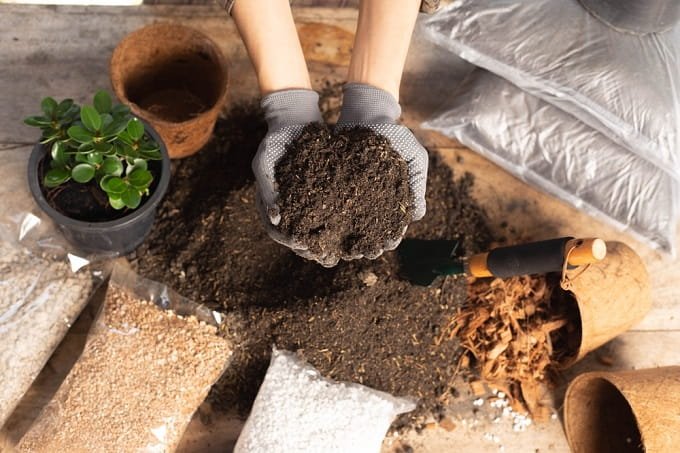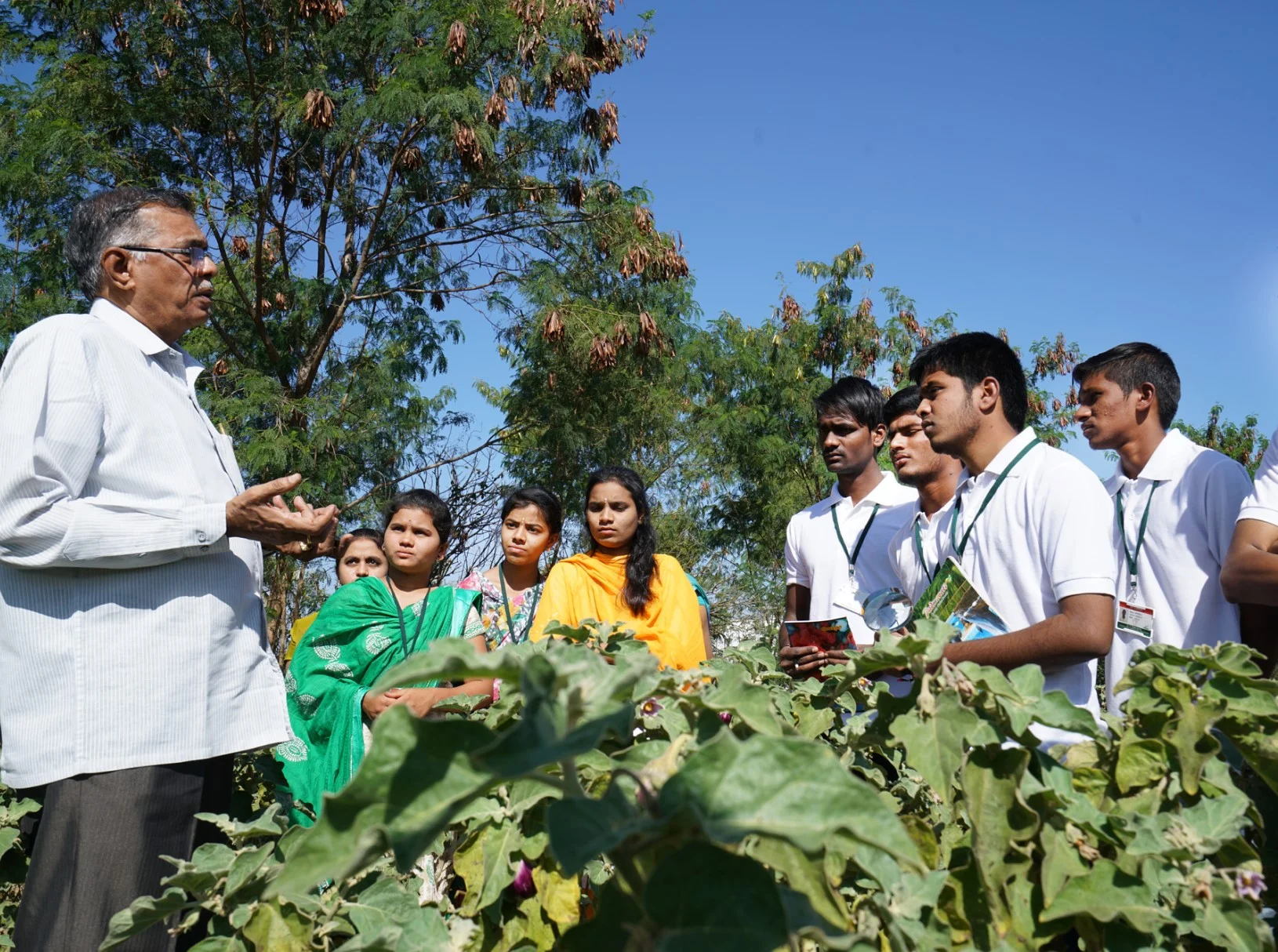Organic farming at home terrace is becoming increasingly popular among urban dwellers. With limited space in cities, terrace gardening provides an ideal solution for growing fresh, chemical-free fruits, vegetables, and herbs. Not only does it promote healthy living, but it also helps reduce environmental impact and fosters self-sufficiency.
Benefits of Organic Farming at Home Terrace
Organic terrace farming has numerous advantages. First and foremost, it allows you to consume fresh produce without harmful pesticides or chemical fertilizers. This guarantees improved health for you and your family. Secondly, it helps reduce your grocery expenses by providing a steady supply of home-grown vegetables and herbs. Additionally, terrace gardens contribute to environmental sustainability by improving air quality, reducing carbon footprint, and promoting biodiversity in urban areas.
Choosing the Right Plants for Your Terrace Garden
Selecting the appropriate plants is crucial for successful organic farming at home terrace. Leafy vegetables like spinach, lettuce, and coriander grow well in containers. Tomato, chili, and bell peppers are excellent choices for small terrace gardens as they yield abundant produce. Herbs such as mint, basil, and rosemary not only enhance your cooking but also repel harmful insects naturally. Take into account the amount of sunlight your terrace receives and select plants appropriately. Most vegetables require at least 4–6 hours of sunlight daily for optimal growth.
Preparing Soil for Organic Terrace Farming

Soil preparation is a vital step in organic terrace gardening. Use a mixture of garden soil, compost, and coco peat to create nutrient-rich soil that supports plant growth. Organic compost improves soil structure, retains moisture, and supplies essential nutrients. Avoid using chemical fertilizers, as they can harm beneficial microorganisms and reduce soil fertility over time. Regularly adding kitchen waste like vegetable peels and fruit scraps can also enrich the soil organically.
Container Selection and Planting Techniques
In terrace farming, container selection is essential for plant health. You can use earthen pots, plastic containers, or even recycled items like buckets and bottles. Ensure proper drainage by adding holes at the bottom to prevent waterlogging. Plant seeds or saplings according to the recommended spacing to allow sufficient air circulation. Using raised beds or tiered arrangements can maximize space on smaller terraces. Mulching with dry leaves or straw helps retain moisture, suppress weeds, and maintain soil temperature.
Watering and Maintenance Tips
Consistent watering is key to thriving terrace gardens. To reduce evaporation, water plants in the early morning or late at night. Drip irrigation systems can save water and ensure even distribution. Regularly prune plants to promote growth and remove diseased or dead leaves. Companion planting, such as growing marigolds with tomatoes, can naturally deter pests. Monitor your garden for any signs of insects or diseases and address them using organic solutions like neem oil, garlic spray, or homemade compost tea.
Harvesting and Enjoying Home-Grown Produce
One of the most rewarding aspects of organic terrace farming is harvesting fresh produce. Harvest vegetables and herbs at the right time to ensure maximum flavor and nutritional value. Regular harvesting encourages continuous growth and higher yields. Enjoying meals prepared from your terrace garden not only enhances taste but also provides the satisfaction of consuming clean, chemical-free food.
Organic farming at home terrace is a practical and rewarding way to embrace sustainable living. By growing your own vegetables, herbs, and fruits, you promote health, save money, and contribute to environmental conservation. With proper planning, soil preparation, and care, even small terraces can become productive organic gardens. Start your terrace farming journey today and enjoy the benefits of fresh, home-grown produce all year round.
Trends, opportunities and challenges of farm mechanization in India
Success stories and lessons from India’s agricultural cooperatives
Read Also: Laravel Framework Web Development
![]()





